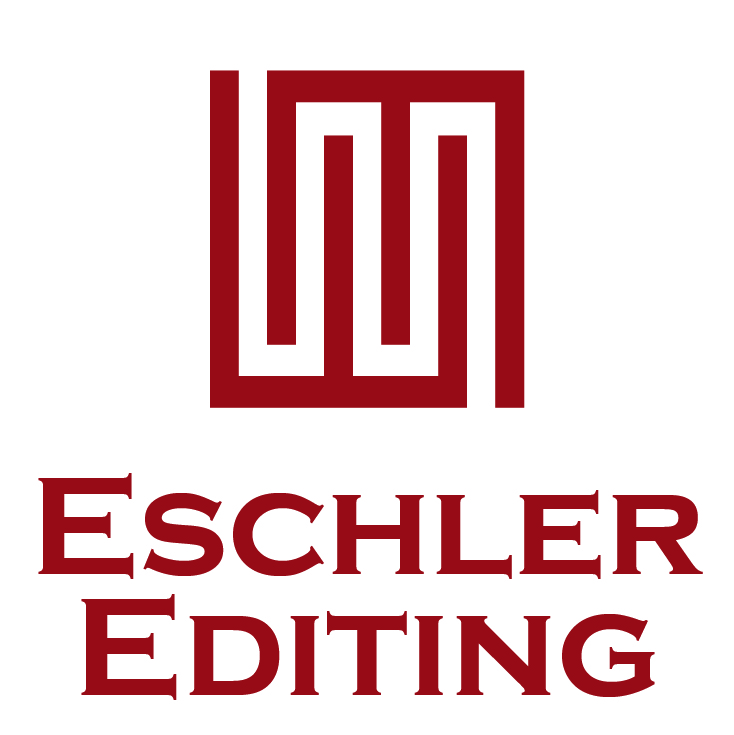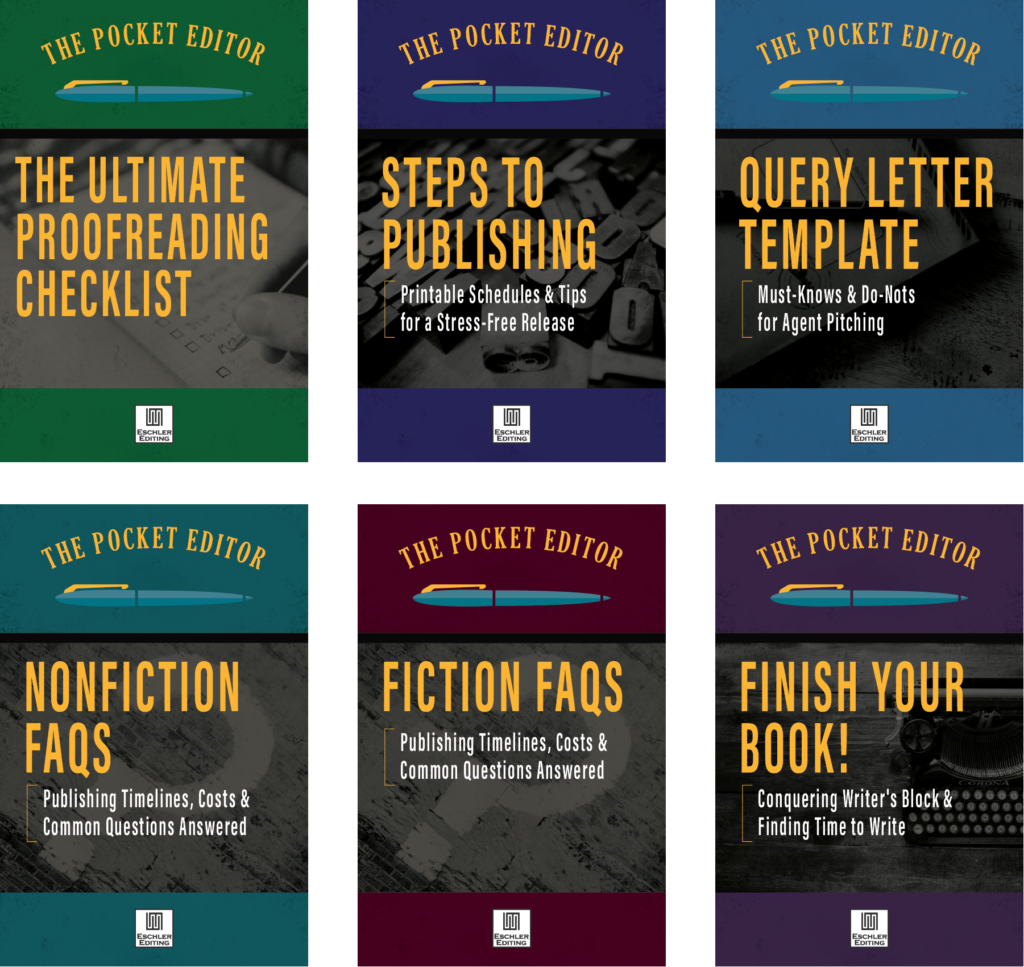Guest Post by Ron Schrader
Writing a book can be a very challenging thing to do, one that provides the author with a great sense of accomplishment once complete. Unfortunately, if you want to actually sell beyond your close family and friends, the real challenge comes after the final word is written—it’s called marketing. Marketing is simply making potential buyers aware of your product; in this case, your book. It can be something as simple as posting a link to your Facebook and Twitter feeds, or as complex as running effective ad campaigns across multiple platforms. Either way, I think we can safely assume that most authors find marketing to be their number-one biggest hurdle in achieving success—and for good reason! It’s why advertising firms exist, because most of us really don’t know how to sell.
In fact, there’s an interesting lesson to learn about selling books by studying Amazon: have you ever read a best-selling book that, quite frankly, stank? That’s because the book was a best-selling book, not a best-written book. The term “best-selling” does not necessarily mean it’s a good book (even though marketers hope you’ll take it that way); it simply means that the author and/or team of people involved with the book were skilled in the art of selling—they knew how to generate buzz and prod curious buyers to put down cash. (If you don’t believe me, visit Amazon’s Best Sellers and you’re sure to find books with an average of 3 stars or fewer.)
So without getting a degree in marketing, what does it take for you to sell more copies of your book(s), given that the vast majority of self-published authors never sell more than a few hundred copies? I recently helped an unknown indie author (fiction) reach close to 17,000 book sales in his first year and get featured twice by the competitive BookBub. Based on that experience, and a couple years of intensely researching online book marketing, I have a few observations I’d like to share with you.
1. Go Pro
First, start off with a good book. Now, I did just tell you that best seller and best written are not necessarily the same thing, but you don’t want to aim for only selling an initial round of books. Giving readers your very best work is only going to benefit you in the long run. This means you should invest the time and money necessary to have the book edited, all without any guarantee of future sales; but, from my experience, it definitely ups the odds in your favor. A good book means you’ll be getting the best long-term (free!) marketing there is: word of mouth.
Second, you’ll also be investing in a professional cover. It’s the first impression, and it counts. If the cover looks cheap or unprofessional, it’s a sure bet you’re going to lose sales. The few hundred bucks is worth the investment—it could result in a few thousand sales you didn’t lose.
2. Optimize Your Sales Page
My own experience is limited to Amazon here, but any online retailer that gives you control of your book’s sales page is also giving you an opportunity to shoot yourself in the foot! If you don’t know how to choose the correct categories and keywords, get help from someone who does. Those two things alone can heavily impact your chances for success (again, no guarantees of instant success with any marketing, but the wrong information can hurt you).
The book description is also important, and should be written in a way that grabs your reader’s attention quickly and makes them want more. Think of a movie trailer; you can’t always tell what the movie or story is really about from watching the trailer, but a good trailer will always make you interested in seeing the movie. Use the above-the-fold principle from the bygone days of newspapers: if it doesn’t summarize the key hook of your book in the first sentence or two, it could mean lost sales. (You’ll note that print books have a back cover blurb that is also marketing copy, not just a description of the content. Your online book description will do the same thing, but in even less space.) Luckily, Amazon is full of good sales pages you can learn from.
3. Get Reviews
You’ll need a lot of reviews! This is one of the more challenging tasks, so of course it also happens to be one of the most important. Reviews are basically “social proof”—if so many other readers enjoyed the book, your potential buyer might too. Getting reviews is the hard part, but here are a few do’s & don’ts:
- Don’t buy reviews. This is a practice that can get you banned from sites like Amazon if you get caught.
- Don’t tell reviewers (friends/family) how many stars to give you or what to say in their review. You might think that doctoring up initial reviews will be helpful, but the truth will eventually come out. Let people be honest with their reviews. It might hurt at times to get some constructive criticism, but it will hopefully help you become a better writer in the long run. (This is also one way to learn about flaws that may need correction—an easy fix with digital books.) Real comments will also give your reviews credibility and entice readers to find out for themselves who they agree with.
- Do run promotions, inviting friends/family to get your book for cheap or free during the promotion, and ask that they read your book and leave a review. This won’t always work out like you want, but there will almost always be a few willing to help you.
- Do ask readers at the end of your book for a review, and provide them with the link they need. Ask the top reviewers (of your genre) on Goodreads and Amazon to review your books. Again, these don’t always pan out, but asking for what you need is more likely to get you results than not.
- Do everything you can (short of annoying people to death) to get the reviews you need. Sometimes people just need a few reminders.
4. Don’t Wait for an Audience—Find It!
Putting your book for sale online helps readers find your book. But you also need to help your book find readers. Many of the following strategies won’t do you much good until you have a dozen or more reviews on Amazon and Goodreads, etc. So make sure that’s moving along as you dive into building an audience. First, grow your own website mailing list (with MailChimp or AWeber or other online subscription services), as well as Facebook fans and Twitter followers. Use incentives (giveaways, contests, etc.) and start a blog to help grow interest in these venues. Invest in ads and other book-promotional services, such as BookBub or App for Authors. Be prepared to spend a little money to help get the word out! That said, do it cautiously. If you’ve never run an online ad before (i.e., Facebook, Goodreads, and Google Ads), you might want to learn how first, or find someone with experience to do it for you to avoid just throwing money away. And before you pay anyone to promote you to their “list,” find out what you can about it. How big is it? Does it convert? Ultimately, you want to know if the money you spend is worthwhile or not. In advertising, there is always some risk when it comes to spending money, but it doesn’t need to be a blind risk. Even spending $5 on sites like Fiverr is a waste if no one buys a copy of your book. As mentioned before, book-promotion services like BookBub are a great resource, because they give you a lot of statistical information about their success rate. When you’re paying a lot of money for a promotion, it’s always better to have some decision-making data on hand.
5. Study Marketing
A good friend of mine once told me that anyone who wants a successful business must study and perfect the art of sales/marketing. It doesn’t matter what you’re selling; if you don’t know how to get the attention of your customer, you won’t be in business for long. As an author, you’re automatically in business for yourself, regardless of whether you self-publish or are being represented by a more traditional publisher. Read marketing and copywriting blogs and books, study ad copy and sales funnels (some resources are below). Learn everything you can to make yourself a better salesperson. The alternative to this would be to hire a professional to do it all for you, but know that good marketing doesn’t come cheap. So learn what you can, and then fill in the gaps with professional help.
Get Started Now
- If your book is done, has been professionally edited, and has a marketable cover, get started on gathering those reviews and building online buzz: social media acquaintances and groups, blog tours, top online reviewers, print media, friends, family, and/or work, volunteer, and church associates, book clubs, writers’ groups, neighborhood email groups, and book promotion sites—whoever you can think of!
- Explore those book promotion sites. Here’s a short list: BookBub, App for Authors, EBookBooster.com, BookGoodies, Author Marketing Club. And read this article to see how one author used book-promotion sites as part of an overall strategy to hit the USA Today best-seller list. (Don’t forget to avoid scams—find data with these types of sites so you aren’t investing blindly.)
- Study marketing. Here are a few sites to get you started with free content: Author Marketing Experts, Inc., Tara Gentile, Marie Forleo, Copyblogger, Seth Godin, and Digital Marketer.
- My final advice is something that I’ve read and heard more times than I care to count, but it’s true: if you want to be a career writer, keep writing. Books one, two, and three might never make it big, but then, out of nowhere, book four takes off. The next thing you know, all of your books start selling! Don’t get so hung up on promoting one book that you neglect the ongoing task of writing more books. In the end, a smaller number of regular sales from twenty books is probably going to be worth a lot more than good sales from just one book.
And most important of all, don’t get discouraged! Success comes to those who remain persistent and don’t accept failure! Stay positive and keep writing!
Your thoughts? Have you gathered or read great reviews? Where’s the best place to get them? And which of the above marketing tips will you act on now?






This article really hit home for me today, especially all the marketing resources and websites mentioned. I’ll definitely be bookmarking this for future reference.
I think the world of marketing has a lot of building-a-foundation-as-an-author-type things as you’ve mentioned above, like presenting a professional product, getting reviews, finding an audience, etc., and yet there’s always something new to be emphasized when you’re building a brand, like your Amazon author page, learning about subcategories and keywords, or even things like trying a street team, and figuring out how to be a presence on social media without being a nuisance. Authors are hopefully doing their research as you suggest in the article, to help them through the “building” process in all its stages. I know I’ve found new favorite authors through ReadCheaply and other sites like Bookbub. Every author should have those sorts of sites in their marketing arsenal and really be studying what makes good marketing. Knowledge is power!
Anyway, thanks again for your thoughts and for the timely article. Very appreciated!
Thanks for your comments Julie and I’m happy to have provided some valuable info about marketing! I’d just like to emphasize the fact that keeping up with your writing has got to be a priority. It’s so easy to get all tangled up in the web of marketing, where you end up wasting a lot of time on things that ultimately do you no good at all, so don’t ignore that small, yet important factor…keep writing and publishing books, and fill in the blanks with all the rest!
Ron, I understand you have done a lot with building fiction author platforms involving online social media (engaging people, running contests and giveaways, etc) and running online ads (Facebook and other ads). This sounds like a big part of building an audience for fiction authors. I think it would help new authors to get a sense of what’s required for marketing–to have realistic expectations and set appropriate milestones–if they had an idea of how much time marketing can take, especially if you are self-publishing.
Can you give me an idea of:
1) The top/main successful things you are doing in that department for clients
2) What skills and background knowledge one needs to plan on obtaining for that to be successful
3) How long it took for you to gain the right skills/background
4) How many hours a day/week you devote to such activities in order to see real return on investment
5) any links to more information and/or pricing authors can expect for done-for-you services that cover things like above?
And any words on your journey? I know the road to writing success can be a bit long and require a lot of patience, diligence, and hope, so if you have advice on your journey/your clients’ journeys, that would be great!
Thanks!
You’re correct Angela, social media has played an important role in all of my marketing efforts. I’ll respond to each of your bullet points in order.
1) I try to follow the 80/20 rule with social media…80% engagement and 20% promotion. I see so many people on Facebook and Twitter doing nothing but marketing—and I’ve even been guilty of that myself in the past. But the fact is, it doesn’t work. Yeah, you might see bits and pieces come from a 100% marketing strategy, but I’ve found that when I keep fans engaged, they’re much more likely to jump on board when it comes time to promote things. One thing I highly recommend is posting your own custom meme’s. I’ve found this to be an excellent way to see engagement from fans.
2 & 3) While I believe anyone can figure out how to properly run a fan page or twitter account, there are definitely some skills that can give you an advantage. I’ve spent many years doing web & graphic design, and have found those skills to be priceless when it comes to social media. Photoshop is an awesome tool for creating professional looking graphics for your pages, as well as for ad images. I’ve also spent several years researching and testing ad campaigns on Facebook. Again, I believe anyone can learn the basics to make a page work, but it does take time and know-how.
4) I didn’t really think I spent that much time with social media every day, but after thinking more about your question, I think it’s safe to say that I spend between 1-2 hours per day running a single social media campaign. That includes creating/publishing posts, creating new graphics/meme’s, responding to messages/comments & running/managing ad campaigns. Some of this work is just testing different things out to see what works and what doesn’t because social media is constantly changing.
5) Cost is often a shock for most people. You wouldn’t think that this kind of work would be so pricey, but if you want it done right, it doesn’t come cheap. The link below is a few years old, but the pricing (toward the bottom of the article) is still on par for today’s rates. http://www.mackcollier.com/how-much-does-social-media-cost-in-2011/.
This business, Self-publishing in particular, is a tough business. You either wear a lot of hats or you need money to outsource. As I highlighted in the article, if you want to go into business, you have to learn marketing or you have to find someone to do it for you. It’s extremely rare for someone to magically see success with little to no effort. For most of us, we either make it happen or do something else!
This was an excellent article. Glad I stumbled upon it. Thanks!